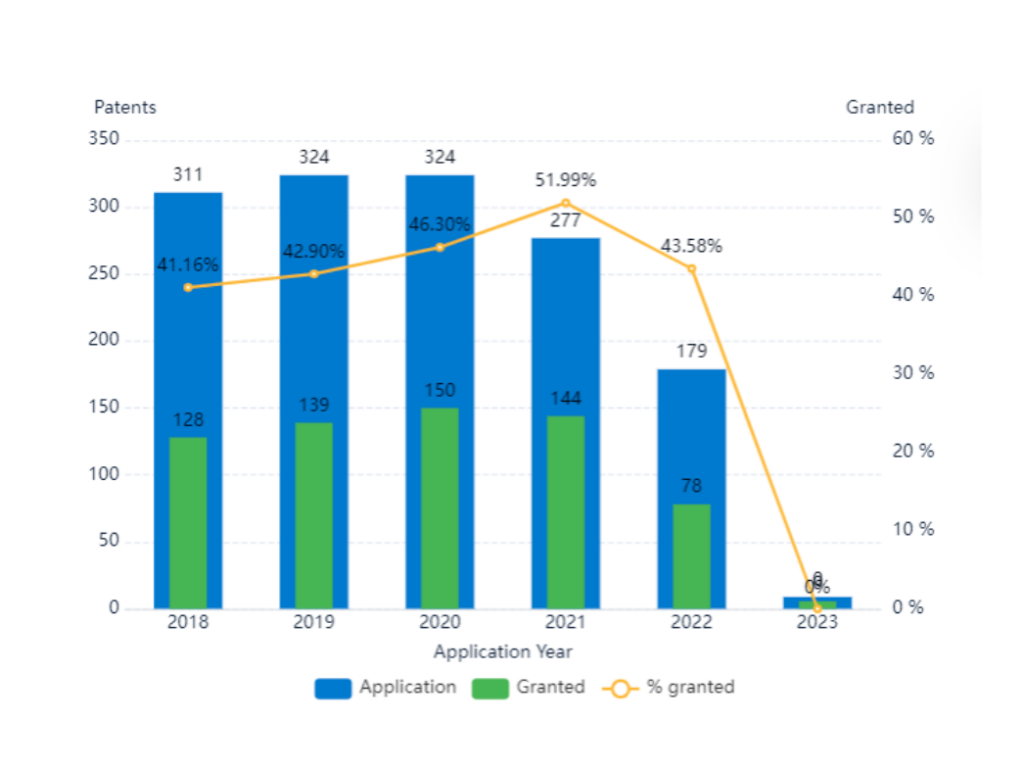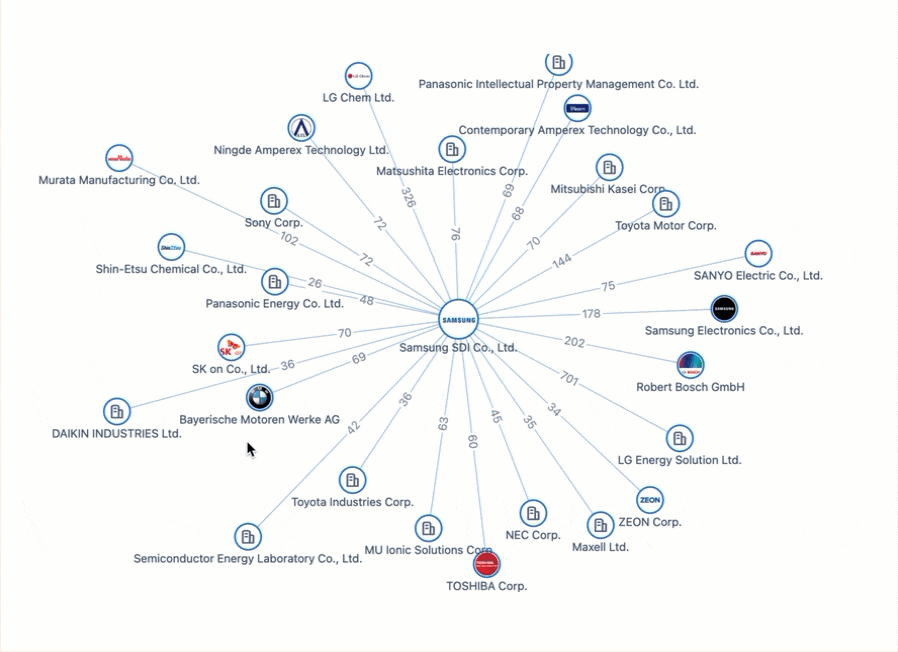The Connected Car Revolution: Opportunities and Risks
The automotive industry is undergoing a revolution as cars become increasingly connected to the internet and to other devices. The use of technology in cars is transforming the way we drive, making our vehicles safer, more efficient, and more enjoyable to use. However, this revolution also brings with it new risks and challenges.
In this article, we’ll explore the connected car revolution and highlight the opportunities and obstacles.
Opportunities of the Connected Car Revolution
The proliferation of connected cars presents significant opportunities for enhancing safety, improving efficiency, and enabling greater convenience.
Advanced safety features, including lane departure warnings, blind spot monitoring, and automatic emergency braking, have shown to reduce accidents and fatalities. According to a study by the National Highway Traffic Safety Administration, vehicles equipped with these features experience a 26% reduction in rear-end collisions.
Take a look at the graph below, which illustrates the uptick in automatic braking patents from 2018 to 2020.

This trend suggests that automakers are recognizing the importance of safety features like automatic braking, and are investing in research and development to improve these technologies. As a result, we can expect to see more vehicles equipped with advanced safety features like automatic braking in the coming years, which can help prevent accidents and save lives on the road.
Connected cars also offer the potential to improve fuel efficiency and reduce emissions, which can save drivers money on fuel and maintenance costs while mitigating their environmental impact. A report by the International Energy Agency found that connected car technology can improve fuel efficiency by up to 10%, and reduce CO2 emissions by up to 15%.
In addition, connected cars offer new opportunities for entertainment and convenience. With smartphone integration, drivers can easily access music, podcasts, and navigation apps on the go. Voice-activated controls and other hands-free features also make it easier and safer for drivers to use these features while driving.
Risks of the Connected Car Revolution
While the connected car revolution brings exciting opportunities, it also poses new risks and challenges. One of the most significant risks is the threat of cyber attacks. As cars become increasingly connected to the internet and other devices, they become vulnerable to hacking and other forms of cybercrime. According to a report by the Ponemon Institute, the number of cyber attacks on connected cars has increased by 113% over the past few years.
In addition to cyber attacks, connected cars generate vast amounts of data that can be misused. This data includes sensitive information about driving habits, location, and personal preferences. According to a report by Consumer Reports, carmakers often share this data with third-party advertisers without drivers’ consent, raising concerns about data privacy and security.
Furthermore, as connected cars collect more personal data about drivers and passengers, there are growing concerns about privacy. In fact, based on a recent survey, 78% of drivers expressed concern about the privacy implications of connected cars.
As the graph below illustrates, carmakers and researchers are patenting heavily in the security threat sector. The goal is to prioritize cybersecurity, data protection, and privacy.

By adopting robust security protocols, implementing strong data protection measures, and respecting drivers’ privacy rights, we can ensure that the benefits of the connected car revolution are enjoyed without compromising safety, security, or privacy.
Conclusion
The connected car revolution offers significant opportunities for improving safety, efficiency, and convenience. However, it also presents new risks and challenges, including the potential for cyber attacks, data misuse, and privacy violations.
As the automotive industry continues to embrace connected car technology, it will be important to address these risks and ensure that drivers and passengers can enjoy the benefits of connected cars without compromising their safety or privacy.
Your recommended content
-

All Charged Up: Power Batteries & The Patent Race Shaping the Future of Electric Mobility
Category: Article | Category: battery technology | Category: electric vehicle | Category: EV | Category: lithium ion | Category: lithium ion battery | Category: NEV | Category: new energy vehicles
Monday, April 22, 2024
In the ever-evolving landscape of innovation, the electric vehicle (EV) industry stands as a beacon of technological transformation. As we explore the patents propelling the EV revolution, Apple's venture serves as a poignant example of the challenges even industry giants face in this competitive arena. Join us on a journey through the global patent landscape, where the quest for superior power solutions unfolds, and where the true pioneers of the EV revolution are making their mark.
-

The People vs. AI: Who Owns Ideas in the Era of Generative Artificial Intelligence?
Category: AI era | Category: AI-driven creativity | Category: AI-generated creations | Category: Article | Category: copyright and patent rights | Category: digital innovation | Category: innovation | Category: intellectual property law | Category: legal implications | Category: OpenAI Sora | Category: patent law | Category: Research Tag | Category: Sora | Category: text-to-video generative AI | Category: who owns AI
Monday, April 22, 2024
OpenAI’s Sora software, a text-to-video generative AI model, recently made headlines showing a series of 1-paragraph prompts and some high-quality footage generated based on those prompts. It is a rightfully impressive showing, but it’s still too early to identify how IP law will be disrupted by generative AI. This editorial delves into the multifaceted landscape of Sora's impact, offering insights into the future of innovation and ownership in the AI era.
-

Patsnap Releases 2023 Global Innovation Report: The Brilliant Names to the Dynamic Landscape of Innovation
Category: Article | Category: eBook | Category: Research Tag | Category: Whitepaper
Wednesday, November 15, 2023
The Global Innovation 100 and Global Disruption 50 transcend individual entities, each representing a small innovation ecosystem with numerous subsidiaries. Through the innovation data of these companies, we gain insights into the characteristics, structures, and trends of global innovation.